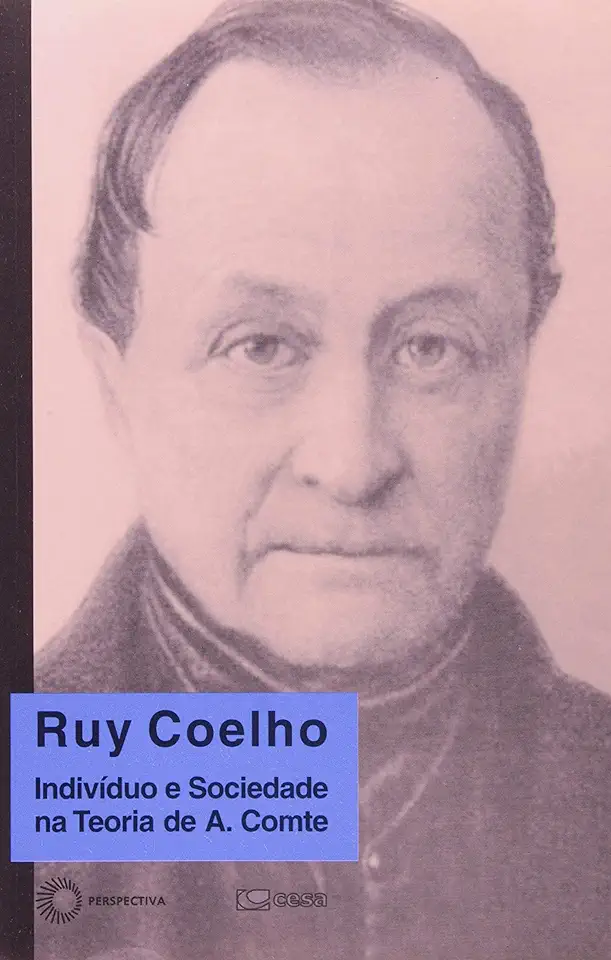
Individual and Society in the Theory of A. Comte - Ruy Coelho
Individual and Society in the Theory of A. Comte: A Comprehensive Exploration of Social Statics and Dynamics
Introduction: Unveiling the Foundations of Sociology
In the realm of social sciences, few figures stand as tall as Auguste Comte, the renowned French philosopher and sociologist. His groundbreaking work, "Individual and Society in the Theory of A. Comte," offers a profound exploration of the intricate relationship between individuals and society, laying the groundwork for the discipline of sociology. This comprehensive volume delves into Comte's seminal ideas, providing a comprehensive understanding of his influential theories on social statics and dynamics.
Social Statics: The Anatomy of Social Order
Comte's theory of social statics focuses on the structural elements that maintain social order and cohesion. He argues that society is not merely an aggregate of individuals but a complex organism with its own laws and principles. Comte identifies three fundamental elements of social statics:
- Consensus: The shared beliefs, values, and norms that bind individuals together and create a sense of social solidarity.
- Division of Labor: The specialization of tasks and roles within society that promotes efficiency and interdependence.
- Hierarchy: The structured arrangement of power and authority that ensures social stability and coordination.
Social Dynamics: The Evolution of Human Societies
Comte's theory of social dynamics examines the processes of social change and evolution. He proposes a linear progression of human societies through three distinct stages:
- Theological Stage: In this initial phase, religious beliefs and supernatural explanations dominate society.
- Metaphysical Stage: This transitional stage is characterized by the rise of abstract philosophical ideas and rational thought.
- Scientific Stage: The final and most advanced stage, where scientific knowledge and positivism become the primary means of understanding and controlling the world.
The Individual in Society: A Dialectical Relationship
Comte's analysis of the individual-society relationship is nuanced and dialectical. He recognizes the tension between individual autonomy and social conformity, arguing that both are essential for a healthy society. Comte emphasizes the importance of individual initiative and creativity while acknowledging the need for social order and collective action.
Comte's Legacy: A Lasting Impact on Social Thought
Comte's contributions to sociology have had a profound and enduring impact on the field. His theories have inspired generations of scholars and continue to shape contemporary sociological thought. "Individual and Society in the Theory of A. Comte" is a must-read for anyone seeking a deeper understanding of the foundations of sociology and the complex interplay between individuals and society.
Conclusion: A Treasure Trove of Sociological Insights
"Individual and Society in the Theory of A. Comte" is an intellectual treasure trove that offers a comprehensive exploration of Comte's groundbreaking ideas. Ruy Coelho's masterful analysis provides a clear and engaging exposition of Comte's theories, making this book an invaluable resource for students, scholars, and anyone interested in the origins and development of sociology. Delve into the depths of Comte's social statics and dynamics, and gain a profound understanding of the intricate relationship between individuals and society.